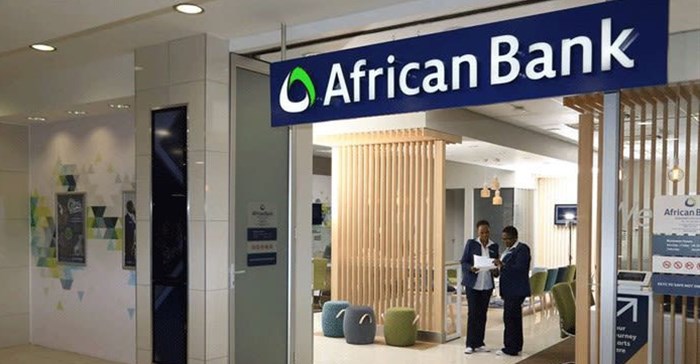
Related
Top stories






More news











Logistics & Transport
Uganda plans new rail link to Tanzania for mineral export boost














The lender and its holding company, African Bank Holdings yesterday released their audited annual financial statements for the year ended 30 September 2022.
To this end, the group’s net profit after tax has improved significantly by 38%, to R736m, from R534m for the comparable prior year ended 30 September 2021.
Key aspects of the ABH consolidated results for FY 22, in comparison to FY 21, reflect:
The ABH group has grown its business by taking huge strides forward in delivering on its ‘Excelerate25’ strategy, launched towards the end of FY 21. The strengthened position is due to:
The group tightened its credit criteria in 2020, due to the impact of the coronavirus pandemic lockdowns. These credit-granting criteria were once again relaxed in FY 21.
The normalising of the credit criteria continued into the first half of the 2022 financial year and contributed to the group’s retail loan disbursements increasing by 87%, year-on-year, from R7,514m in FY 21 to R14,016m in the current financial year.
In addition, the focused actions taken to grow disbursements within the sales transformation and sales distribution strategic themes of its ‘Excelerate25’ strategy also contributed to a stellar financial performance.
Notwithstanding the increased disbursements reported in FY 22, and the maturing of expensive wholesale debt liabilities, the group’s balance sheet remains liquid, with adequate cash resources of R2.8bn (FY 21: R9.0bn). Equity capital of R11.9bn (FY21: R11.2 bn) continues to grow; representing group total capital levels of 43.4% (FY 21: 43.3%).
The group’s balance sheet and liquidity position will be further strengthened in FY 23, as a result of the Grindrod Bank acquisition and the acquisition of the assets and liabilities of Ubank.
African Bank’s profits for FY 22 continued to show significant improvement compared to that of a year ago. The bank reported a net profit after tax of R341m for FY 22, well ahead of net profit after tax reported for FY 21 of R2m.
Key aspects of the African Bank results for FY 22, in comparison to FY 21, include the following: